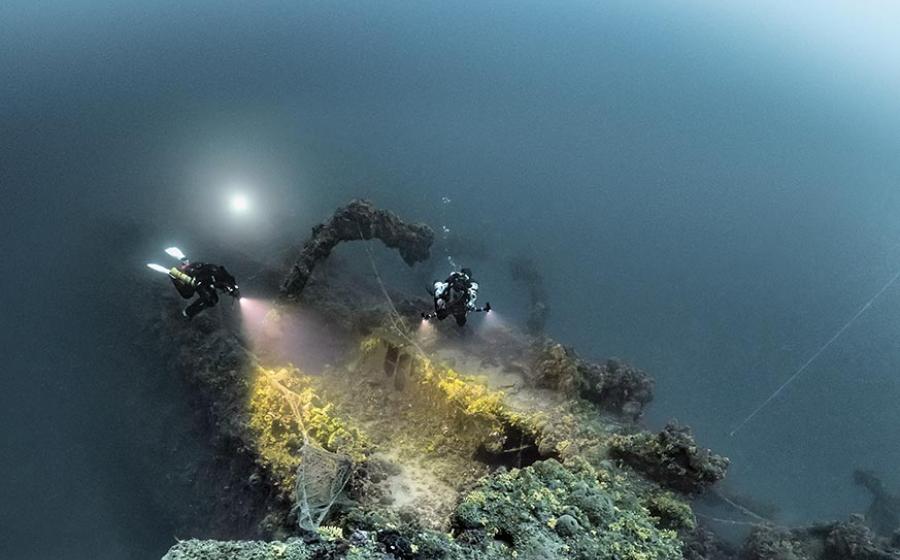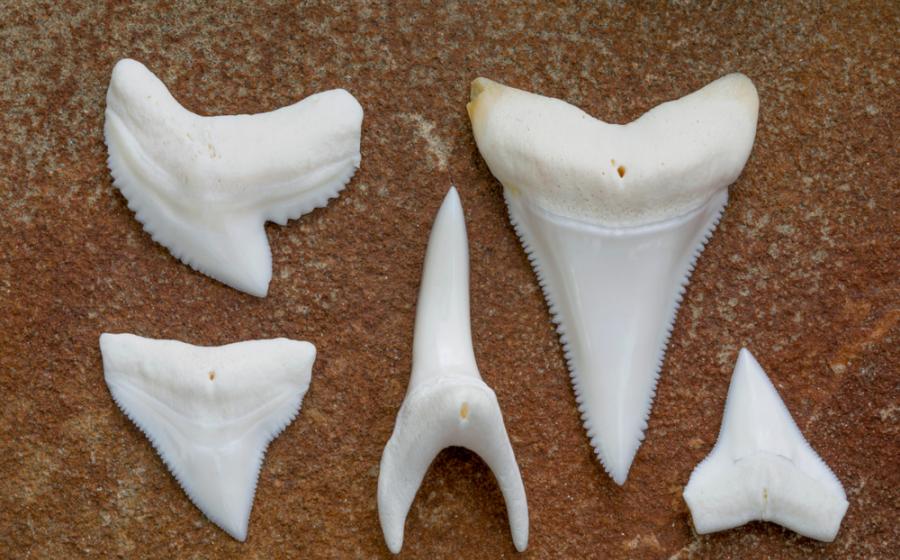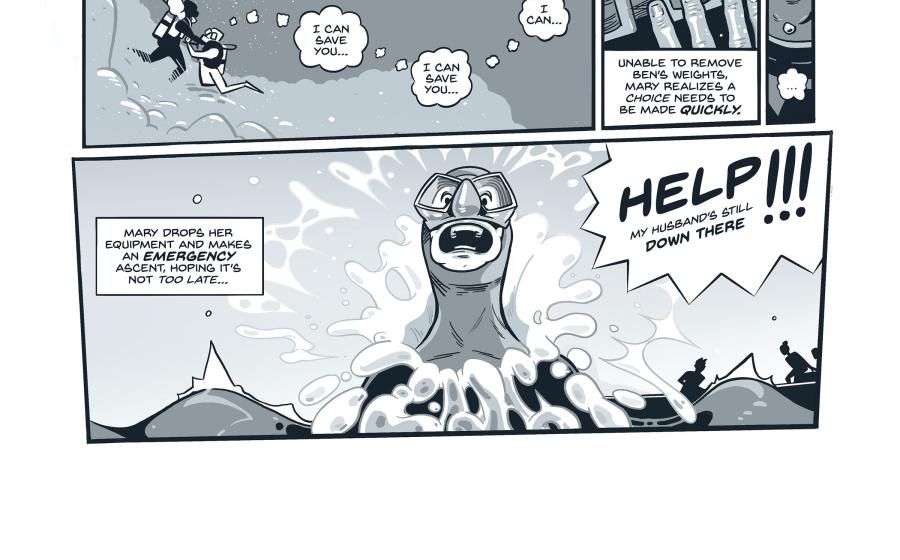Lobster Diver Gets Temporarily Trapped in a Whale’s Mouth
A routine dive turned extraordinary for a New England lobster hunter who got engulfed in the mouth of a feeding humpback whale before being spit back out into the sea.
Michael Packard, a 56-year-old licensed commercial lobster diver from Wellfleet, Mass., was descending for his second dive off Herring Cove Beach when he was scooped up by the whale about 10 feet from the seafloor.
“All of a sudden, I felt this huge shove and the next thing I knew it was completely black,” Packard tells the Cape Cod Times. “I could sense I was moving, and I could feel the whale squeezing with the muscles in his mouth.”
Initially, he thought he was in a great white shark, but when he didn’t feel any teeth and could tell he was not obviously injured, he knew it had to be a whale.
“I was completely inside; it was completely black,” Packard says. “I thought to myself, ‘There’s no way I’m getting out of here. I’m done, I’m dead.’ All I could think of was my boys — they’re 12 and 15 years old.”
Within about 40 seconds, according to Packard, the whale spat him back out.
“I saw light, and he started throwing his head side to side, and the next thing I knew I was outside (in the water),” Packard says.
Packard’s long-time fishing partner, Josiah Mayo, was following the diver on their vessel and was able to pick him up and speed back to the Provincetown pier. Medics rushed Packard to Cape Cod Hospital where he was released that afternoon.
So, should divers be worried about becoming whale food?
No. Most whales are physically incapable of actually swallowing a human, even if one did end up in its mouth. And experts say this was likely a freak incident, as humpbacks are generally not aggressive, especially toward humans.
“Based on what was described, this would have to be a mistake and an accident on the part of the humpback,” Jooke Robbins, director of humpback whale studies at the Center for Coastal Studies in Provincetown, tells the Times.
Mayo had told Packard that the whale was medium-sized, leading Robbins to suspect that it was a juvenile humpback preying on sand lance. When these whales feed, their open mouths block their forward vision, which is why they may ingest objects like fishing gear that are sedentary or hovering above on the seafloor.
However, Robbins says instances of them swallowing divers are nearly nonexistent. Even if they do trap humans in their mouths, non-toothed whales’ esophagi are too small to swallow them.
“[A diver being swallowed] is not something I have heard happening before,” Robbins says. “So many things would have had to happen to end up in the path of a feeding whale.”









